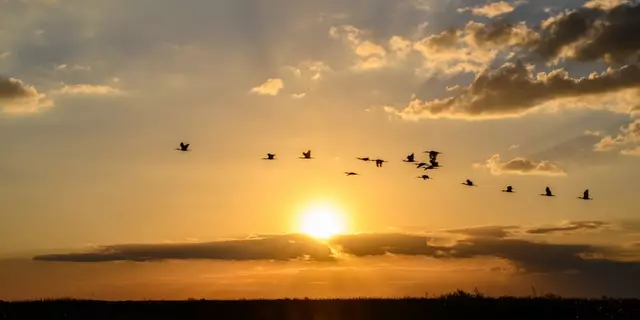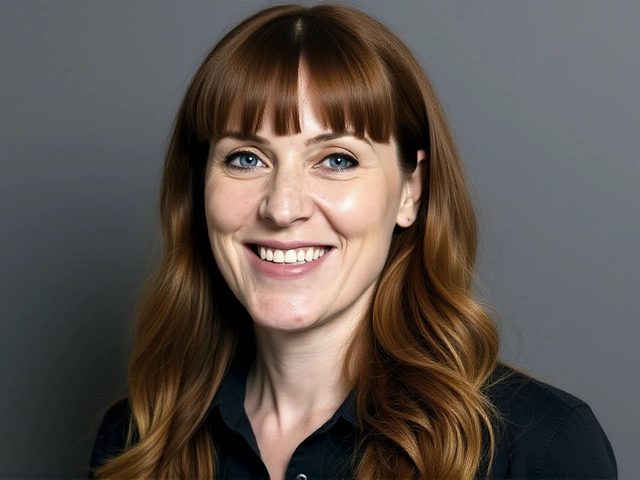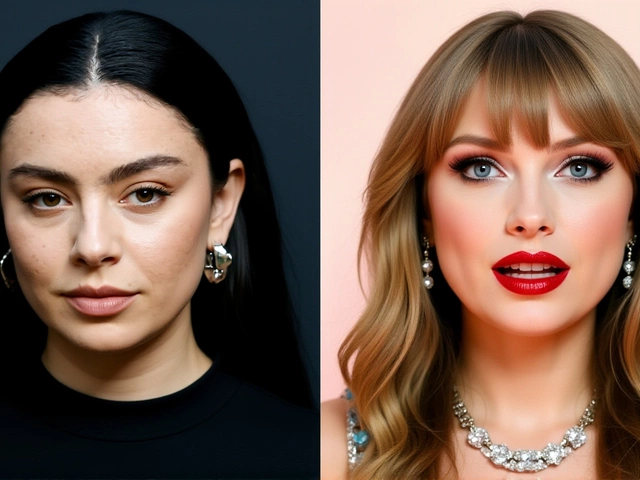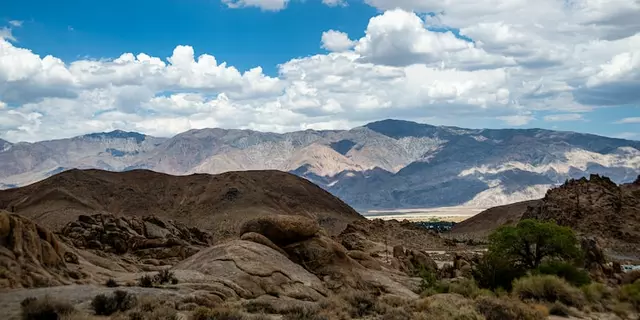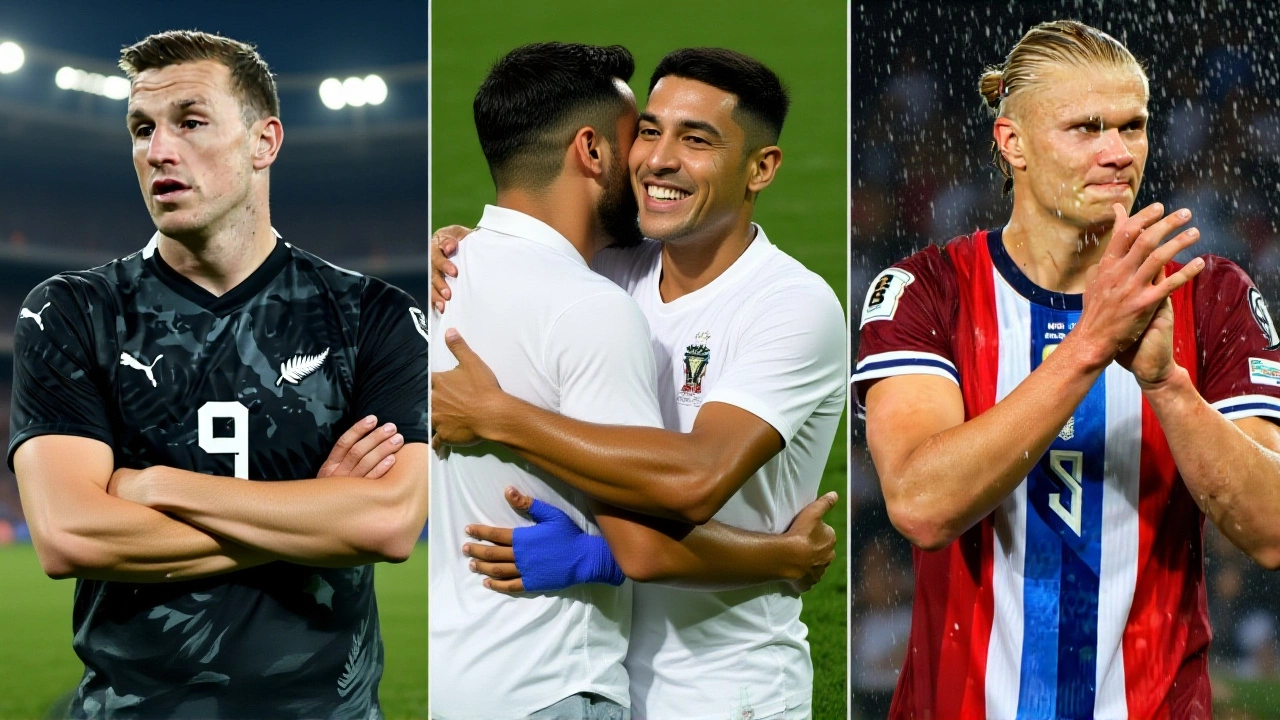
On November 18, 2025, a tiny island nation with fewer people than a mid-sized American suburb did the impossible: Curaçao qualified for the 2026 FIFA World CupCanada, Mexico, and the United States. With a population of just 156,000 and a land area of 444 square kilometers, Curaçao shattered the record previously held by Iceland — and did it with a 0-0 draw against Jamaica in a match that felt more like a coronation than a grind. Fans erupted at Curaçao International Airport in Willemstad, waving flags, honking horns, and dancing in the humid Caribbean air. This wasn’t just a win. It was a revolution in scale.
A Nation Built on Heart, Not Size
Curaçao isn’t just small. It’s the definition of underdog. For decades, its football identity was tied to the Netherlands Antilles — a dissolved political entity that last competed in 1986. After 2010, when the Antilles dissolved, Curaçao began its own journey under FIFA’s radar. It gained full membership in 2011, but few expected much. Then came the 2017 Caribbean Cup, where Curaçao stunned defending champions Jamaica 2-1 in the final. That win didn’t just bring a trophy. It brought belief.By 2019, they were knocking on the door of the CONCACAF Gold Cup knockout stage. Leandro Bacuna’s goal against Honduras on June 21, 2019, gave them their first-ever Gold Cup win. Two days later, Juriën Gaari’s last-minute strike against Jamaica sealed their progression. They lost to the U.S. in the quarterfinals — but they’d proven they belonged. Now, seven years later, they’re not just belonging. They’re breaking records.
The Architect Behind the Miracle
At the center of it all is Dick Advocaat, the 78-year-old Dutch tactician whose career spans Rangers, Sunderland, AZ Alkmaar, and national teams from Russia to Serbia. Born on September 27, 1947, Advocaat has seen it all — except this. No manager in World Cup history has ever been this old when leading a team in the finals. And yet, his calm, disciplined approach is exactly what Curaçao needed. He didn’t bring flashy stars. He brought structure. He didn’t demand dominance. He demanded discipline. And in a group that included Jamaica, Panama, and Honduras, that was enough.“We didn’t have to score five goals,” Advocaat said after the Jamaica draw. “We just had to not lose.” Simple. Brilliant. Human.
The Road to 2026: A Decade of Quiet Growth
Curaçao’s rise didn’t happen overnight. It was built in the back alleys of Willemstad, where kids play futsal on cracked concrete courts with no lights. It was built in the Curaçao Football Federation’s modest offices, where staff work with limited budgets but endless passion. The Curaçao Football Federation, headquartered in Willemstad, has spent the last 15 years investing in youth academies, hiring local coaches, and creating pathways for players who might otherwise have left for Europe at 16.That’s why players like Bacuna — who plays in the Netherlands — still return. That’s why Gaari, now at a second-tier Dutch club, flies back for every qualifier. The team doesn’t have a billionaire owner. It doesn’t have a global brand. It has identity. And that’s more powerful than money.
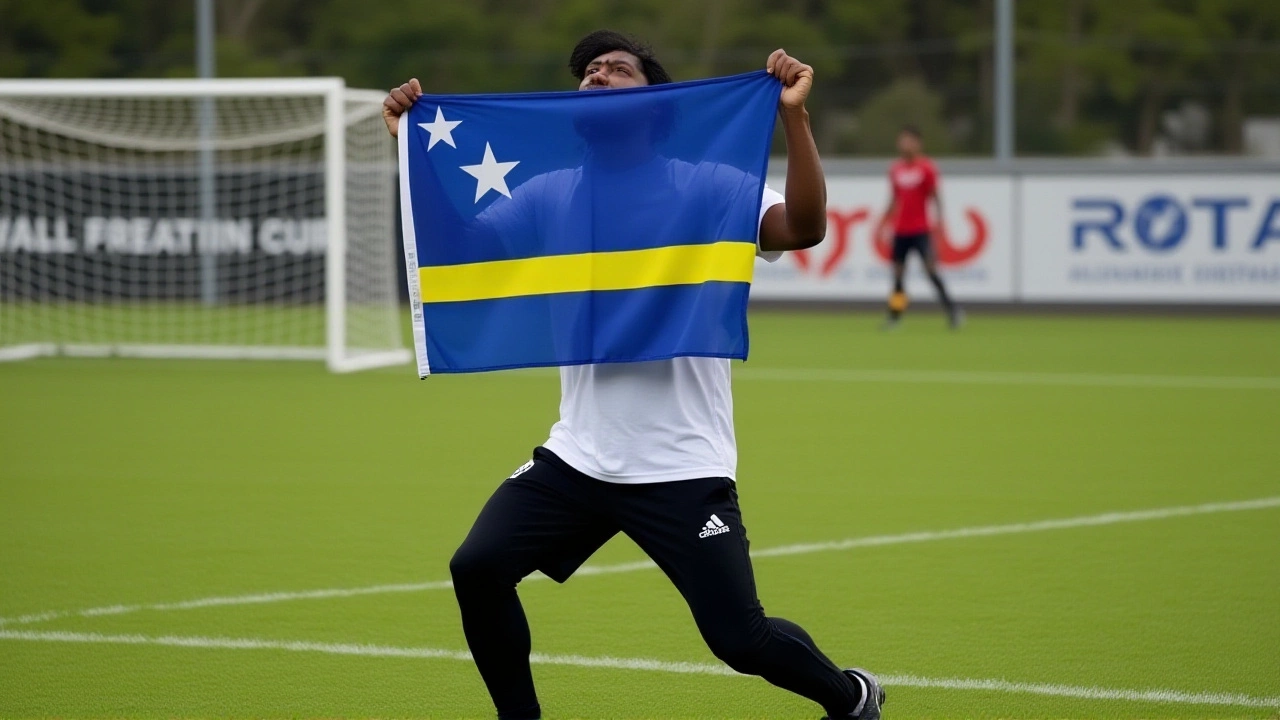
What This Means Beyond the Pitch
This isn’t just about football. It’s about dignity. For 156,000 people on a Caribbean island that’s often overlooked, this qualification is a declaration: We matter. Curaçao’s economy relies on tourism and oil refining. Its political status as a constituent country of the Kingdom of the Netherlands means it doesn’t compete in the Olympics under its own flag. But in football? It stands alone. And now, it’s on the world’s biggest stage.Imagine a child in Otrobanda watching the World Cup in June 2026, seeing a player from their own island on TV. That’s the legacy. No other nation this small has ever done this. Not San Marino. Not Liechtenstein. Not even Iceland. Curaçao didn’t just qualify. It redefined what’s possible.
What’s Next?
The Curaçao national team will now prepare for pre-tournament friendlies in May and June 2026. Opponents and venues are still being finalized by the Curaçao Football Federation, but the team is expected to face European sides for high-level exposure. The 2026 World Cup — the first with 48 teams — begins June 11 and ends July 19. Curaçao will be placed in one of the 12 groups, likely facing heavyweights like the United States, Mexico, or a European powerhouse.They won’t be favorites. But they won’t be underestimated either. Advocaat knows how to organize underdogs. And Curaçao? They’ve already proven they can outlast giants.
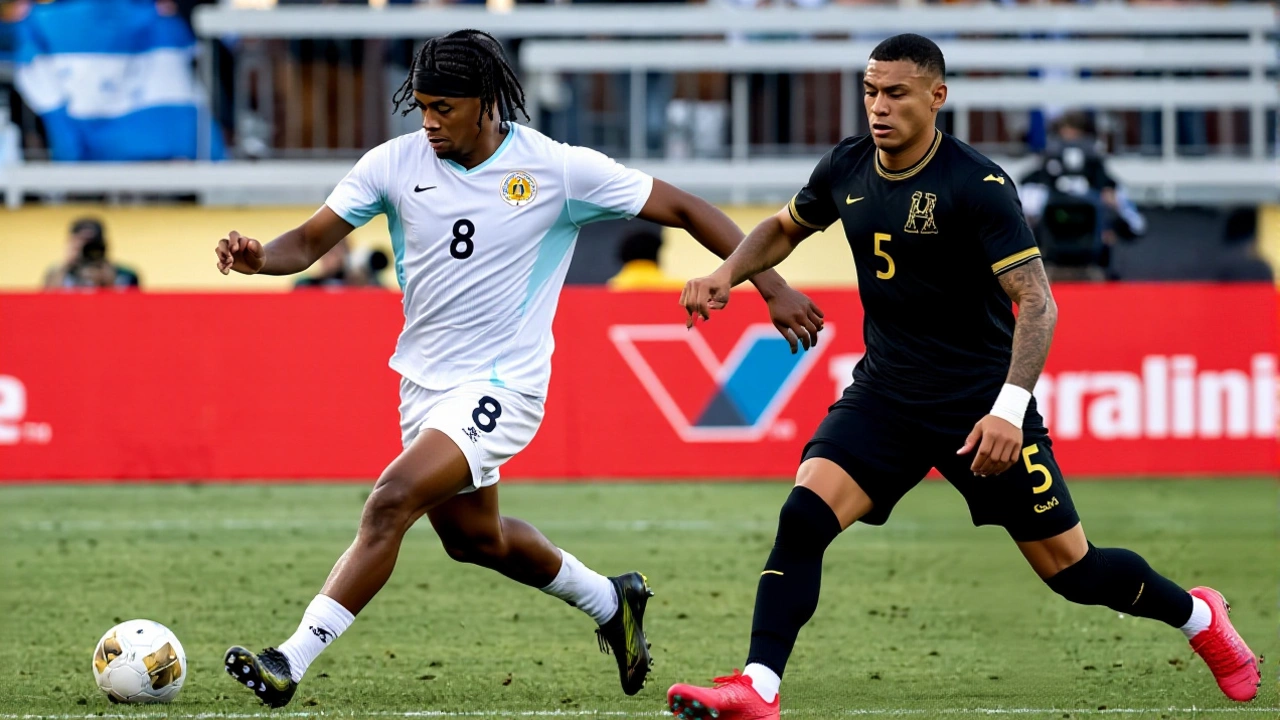
A Legacy Written in Sand and Sweat
The Ergilio Hato Stadium in Willemstad, with its 10,000 seats and salt-kissed breeze, will never host a World Cup match. But it’s where the dream was born. Where kids learned to dribble past potholes. Where the national anthem was sung with more heart than volume. Now, the whole world will hear it.Frequently Asked Questions
How did Curaçao qualify for the 2026 World Cup?
Curaçao topped their CONCACAF qualifying group in November 2025, finishing with 13 points from six matches. Their 0-0 draw against Jamaica on November 18 sealed the spot, as they finished ahead of Jamaica, Panama, and Honduras. The team won two matches, drew three, and lost one — a 1-0 defeat to the United States in the group stage. Their defensive discipline and home-field advantage in Willemstad were key.
Why is Curaçao’s qualification considered historic?
Curaçao is the smallest nation ever to qualify, with a population of just 156,000 and an area of 444 km² — smaller than Iceland (370,000 people) and even the island of Manhattan. No other country this small has ever reached a World Cup finals. It’s a triumph of organization over resources, and a symbolic win for all small nations in global sports.
Who is Dick Advocaat, and why is his role significant?
Dick Advocaat, born in 1947, is a legendary Dutch manager with over 40 years of experience, having led the Netherlands, Russia, and Serbia, plus clubs like Rangers and AZ Alkmaar. At 78, he’s on track to become the oldest manager in World Cup history. His tactical patience and ability to maximize limited talent turned Curaçao from hopefuls into qualifiers.
What’s the significance of Curaçao’s football heritage?
Curaçao’s team evolved from the Netherlands Antilles national side, which dissolved in 2010. FIFA recognized Curaçao as its successor in 2011. Since then, they’ve built a national identity through youth development and consistent participation in regional tournaments. Their 2017 Caribbean Cup win and 2019 Gold Cup quarterfinal run laid the foundation for this breakthrough.
Will Curaçao have home advantage in the 2026 World Cup?
No. The 2026 World Cup is hosted by Canada, Mexico, and the United States. Curaçao will play all its matches in those countries. However, their fan base is expected to travel in large numbers — as they did during the Gold Cup — creating a Caribbean atmosphere in stadiums from Los Angeles to Toronto.
What impact could this have on Caribbean football?
Curaçao’s success could inspire other small Caribbean nations — like Suriname, Guyana, or Haiti — to invest more in youth systems and long-term planning. It proves that with smart coaching, community support, and persistence, even the smallest nations can compete at the highest level. This may accelerate funding and infrastructure projects across CONCACAF’s smaller members.

